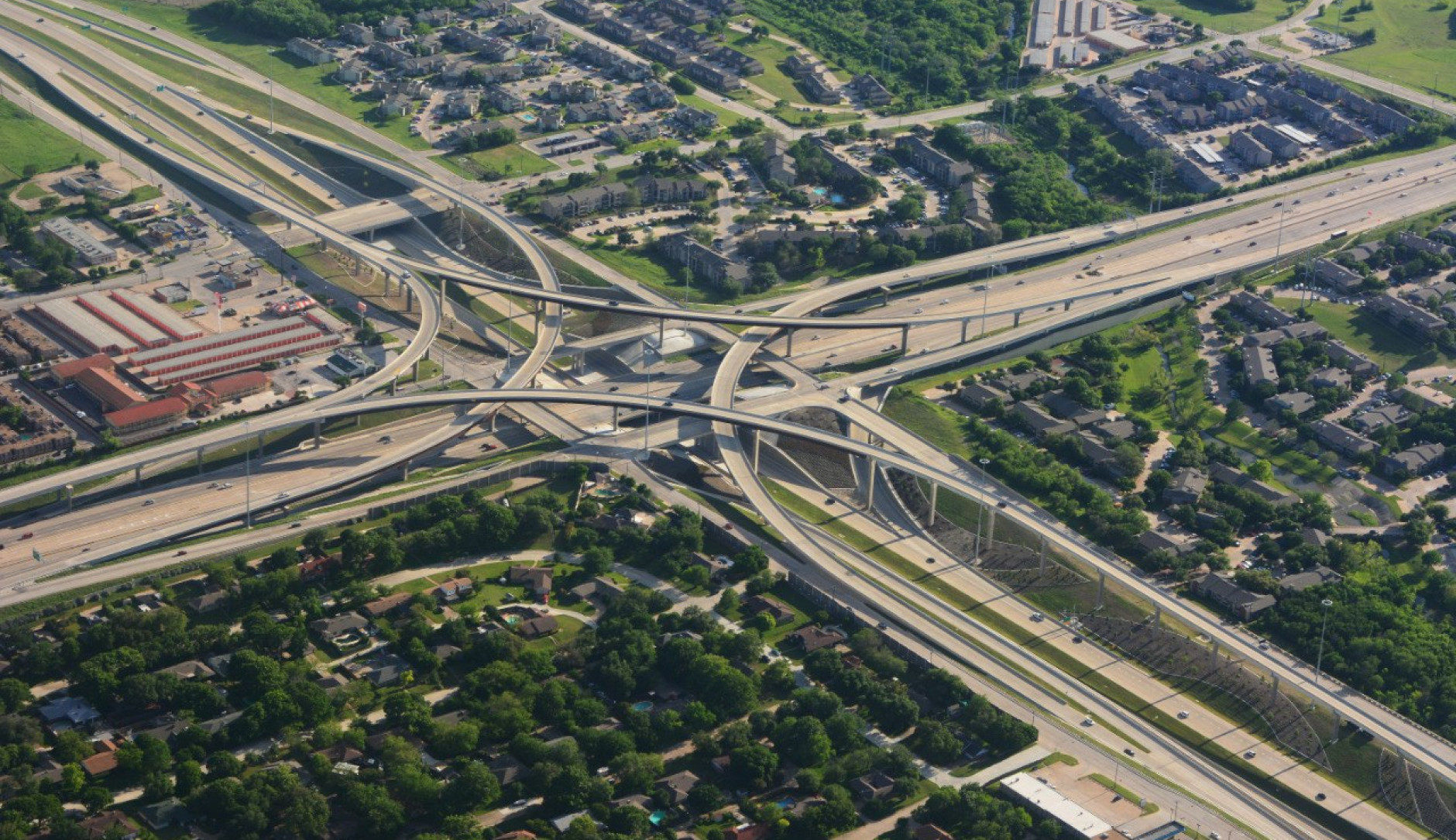Volt says NO to the National Road Expansion
Road traffic generates high costs and negatively impacts the environment and local residents. The expansion of national roads aims to reduce traffic jams, but it creates false incentives and leads to increased traffic. Volt rejects the federal decree on the 2023 expansion step and demands more investment in public transport.

Road traffic generates significant costs for society and our environment. The more people use cars, the greater the strain on the immediate surroundings and the emission of greenhouse gases. Expanding the national roads is intended to increase road capacity and reduce traffic jams, but the increase in road capacity primarily creates the wrong incentive for road users. Another overload of the roads is inevitable, this time with even more road users. Therefore, we at Volt are against the federal decree on the 2023 expansion step for national roads and instead call for more investment in public transport.
Day by day, we move from one place to another. Over 65% of trips in Switzerland are made by car. Especially during rush hours, so many people are on the roads that traffic jams have become almost a daily occurrence. This traffic, particularly passenger traffic with cars, coaches, and motorcycles, was responsible for nearly a third (32.9%) of Switzerland's greenhouse gas emissions in 2022. If we want to achieve our legal climate goal of reducing emissions in the transport sector by 57% by 2040 and by 100% by 2050, we cannot afford to generate even more traffic by building additional tunnels and lanes.
The Traffic Congestion Issue
The trigger for the project was the increase in traffic congestion hours on Swiss national roads observed over the past few years. According to the Federal Roads Office (FEDRO), road usage and the population have grown at the same rate over the last few decades. A particularly sharp increase in road usage has been noted on the national roads. The number of vehicles has also continued to rise, even disproportionately to the population. Overall, this has led to a growing strain on the national roads, and congestion hours have nearly doubled since 2016. In addition to longer travel times, traffic congestion also leads to higher fuel consumption and carbon dioxide emissions.
In Switzerland, isolated nature reserves mainly help to conserve biodiversity. However, the lack of connection between these areas reduces their effectiveness. Still waters, shores and wetlands, and flowing waters are especially affected by the biodiversity crisis. Progress in water protection is urgently needed.
The 2023 Expansion Step for National Roads
Six sections of national roads that are particularly affected by traffic congestion are to be relieved by the 2023 expansion step. Additional lanes are to be added on the routes Wankdorf-Schönbühl (BE), Schönbühl-Kirchberg (BE), and Le Vengeron-Coppet-Nyon (GE/VD). Furthermore, the Rosenberg Tunnel (SG) and the Fäsenstaub Tunnel (SH) are to be expanded with new tunnel tubes, and a new Rhine Tunnel is to be built in Basel. The total costs amount to at least 5 billion Swiss francs. Most projects can only start in a few years' time and would not be completed until 2040 at the earliest.
Volt's Position
For Volt, climate and environmental protection are top priorities. To meet the legal climate targets, road traffic must emit 57% less greenhouse gases by 2040 than in 1990. Volt also calls for an 80% reduction in greenhouse gases by 2030 compared to 2019 and a ban on combustion engines by 2035 to comply with the Paris Climate Agreement., In addition to climate damage, road traffic leads to numerous other environmental impacts and societal costs, including soil sealing due to the asphalting of forests and agricultural land, groundwater contamination and environmental damage caused by tire wear, and healthcare costs from accidents and air pollution. Instead of creating incentives for increased car use by expanding national roads, we should encourage people to switch to more sustainable modes of transport.
Volt continues to advocate addressing the root causes rather than just the symptoms. The planned capacity increases for national roads would not solve the traffic congestion problem, but only delay it for a few years and shift it to other areas. Since all the routes lead into cities, increased congestion and thus higher noise and exhaust pollution in urban areas are expected. A medium-term expansion of national roads does little to contribute to the urgently needed restructuring and capacity expansion of the transport sector towards more sustainable alternatives. Switzerland already has a very good public transport system, which is also reaching its capacity limits. The budget for the expansion of national roads could be used more efficiently and sustainably to expand this system.
Sources
Mobilitätsverhalten der Bevölkerung 2021, bfs (S. 27)
Bafu.admin Treibhausgasemissionen des Verkehrs
BBl 2022 2403 - Bundesgesetz über die Ziele im Klimaschutz | Fedlex
Bericht Verkehrsfluss Nationalstrassen 2023, astra (S. 8)
Strassenfahrzeuge – Bestand, Motorisierungsgrad
Bericht Verkehrsfluss Nationalstrassen 2023, astra (S. 25)
Impact of congestion on greenhouse gas emissions for road transport in Mumbai metropolitan region - ScienceDirect
BBl 2022 2403 - Bundesgesetz über die Ziele im Klimaschutz | Fedlex
Fairer regulations for polluting ways of transport – Volt Europa
A bold strategy to meet the Paris Agreement 1.5° limit – Volt Europa
Botschaft zum Ausbauschritt 2023 für die Nationalstrassen
Externe Kosten und Nutzen des Verkehrs